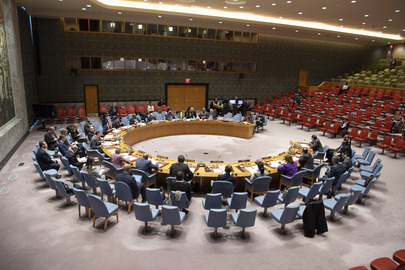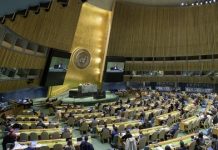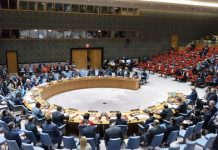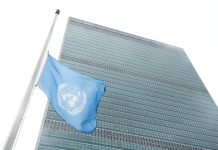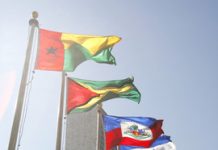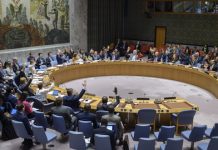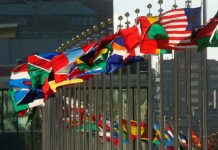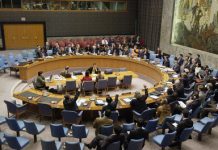Around 400,000 children are diagnosed with cancer every year and most of them live in low-income countries where medicines are either unaffordable or unavailable, resulting in an overwhelming 70 per cent death rate.
In high-income countries, more than eight in 10 children who are diagnosed survive.
“The platform is now set to close this gap”, said Dr. Andre Ilbawi, Technical lead of the WHO cancer control programme.
The UN agency’s goal – working with leading US paediatric facility St. Jude Children’s Research Hospital – is to reach 50 countries where needs are greatest, providing medicines to treat 120,000 children with cancer in the next five to seven years. Although it is an ambitious goal, it is achievable, Dr Ilbawi told journalists in Geneva.
“This marks the beginning of a global movement to provide children with cancer the medicines that they need, regardless of where they live, or their ability to pay”, he insisted thanks to the Global Platform for Access to Childhood Cancer Medicines.
Major funding boost
The launch of the platform has been made possible by a $200 million investment by St. Jude’s – marking the largest financial commitment ever made for childhood cancer medicines globally.
The initiative also draws on the experience of the UN Children’s Fund (UNICEF) and the Pan American Health Organization Strategic Fund, which procure and distribute the medicines. “This innovation has now become a needed beacon of hope for families around the world”, Dr. Ilbawi said.
The platform is not a donation programme, but rather a joint venture involving governments, the pharmaceutical industry, non-governmental organizations and local stakeholders such as hospitals.
Complex and challenging
The remaining four countries of the pilot phase that will soon receive cancer medication are Ecuador, Jordan, Nepal and Zambia. Within days, El Salvador, Moldova, Senegal, Pakistan, Ghana and Sri Lanka will join the programme too.
The needs of a child suffering from cancer are complex and demanding, ranging from qualified professionals to pharmaceutical companies and communities that are ready to support a family through the traumatic process of diagnosis, WHO explained.
But with the launch of this platform come hopes of scaling it up. “The vision of giving every child a chance to fight cancer – no matter where they are born, is now becoming a reality” Dr. Ilbawi said.
Source of original article: United Nations (news.un.org). Photo credit: UN. The content of this article does not necessarily reflect the views or opinion of Global Diaspora News (www.globaldiasporanews.com).
To submit your press release: (https://www.globaldiasporanews.com/pr).
To advertise on Global Diaspora News: (www.globaldiasporanews.com/ads).
Sign up to Global Diaspora News newsletter (https://www.globaldiasporanews.com/newsletter/) to start receiving updates and opportunities directly in your email inbox for free.


